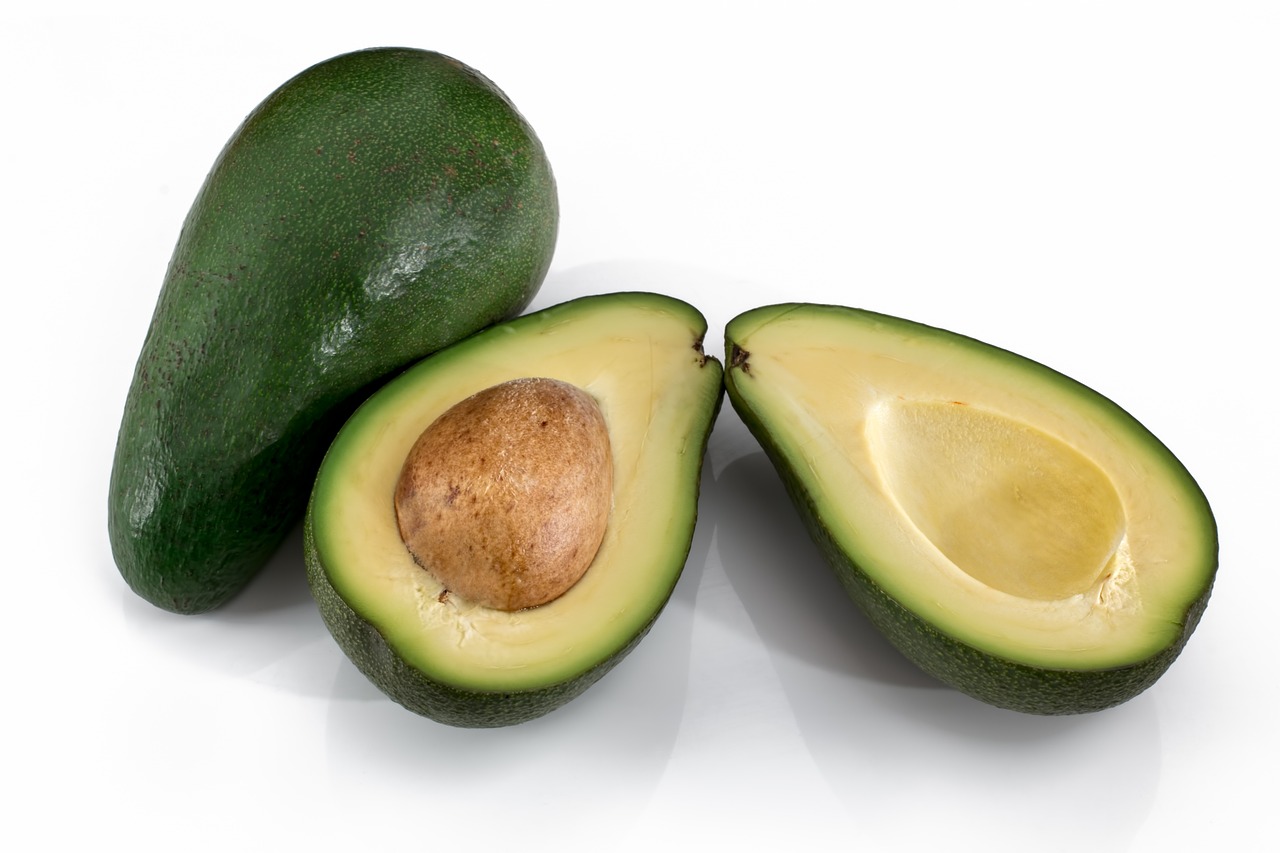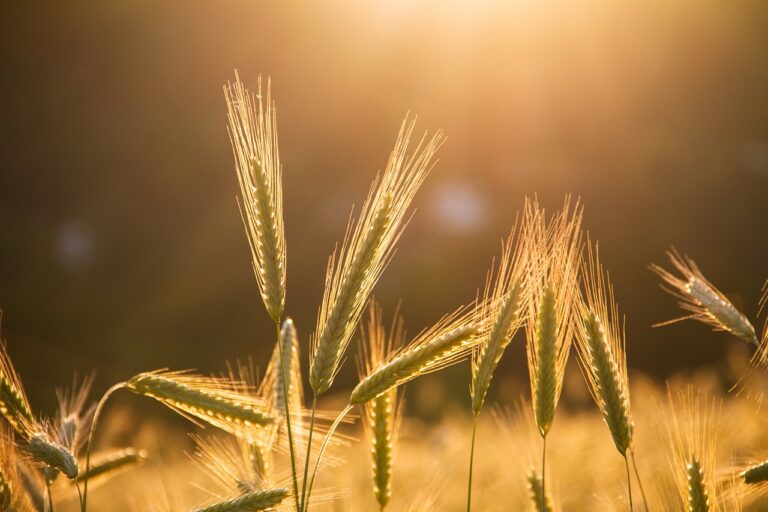Innovations in Sustainable Coffee Bean Harvesting for Minimal Environmental Impact
goldbet.com registration, tiger exchange login, betbook247:Sustainable coffee bean harvesting is crucial for minimizing the environmental impact of coffee production. As demand for coffee continues to rise, it is essential to find innovative solutions that protect the environment while meeting the needs of coffee farmers and consumers. In this article, we will explore some of the latest innovations in sustainable coffee bean harvesting and their potential benefits.
Improving Water Conservation in Coffee Farming
Water is a precious resource, especially in coffee-producing regions where water scarcity is a growing concern. Sustainable coffee bean harvesting methods aim to reduce water usage and protect water quality in local ecosystems. Innovations such as drip irrigation systems, rainwater harvesting, and water-efficient processing techniques are being adopted by coffee farmers to conserve water and minimize the impact of coffee production on the environment.
Promoting Biodiversity on Coffee Farms
Biodiversity is essential for healthy ecosystems and sustainable coffee production. By promoting biodiversity on coffee farms, farmers can reduce the need for chemical inputs, improve soil health, and support pollinators that are essential for coffee bean growth. Innovations such as agroforestry, shade-grown coffee, and integrated pest management are helping farmers create diverse and resilient coffee agroecosystems that benefit both the environment and the farmers.
Reducing Carbon Footprint in Coffee Production
Coffee production contributes to greenhouse gas emissions through deforestation, land use change, and the use of fossil fuels in processing and transportation. Sustainable coffee bean harvesting methods aim to reduce the carbon footprint of coffee production by implementing practices such as carbon sequestration, renewable energy use, and efficient transportation logistics. By adopting these innovations, coffee producers can minimize their impact on the climate and help mitigate the effects of climate change.
Empowering Smallholder Coffee Farmers
Smallholder coffee farmers are at the heart of the coffee industry, but they often face challenges such as limited access to resources, fluctuating market prices, and climate change impacts. Sustainable coffee bean harvesting innovations can empower smallholder farmers by providing them with training, technical assistance, and access to sustainable farming practices. By supporting smallholder farmers, the coffee industry can ensure a more equitable and sustainable supply chain that benefits both the farmers and the environment.
Enhancing Traceability and Transparency in Coffee Supply Chains
Traceability and transparency are key components of sustainable coffee production, allowing consumers to know where their coffee comes from and how it was produced. Innovations such as blockchain technology, digital traceability systems, and ethical certification programs are helping coffee producers and consumers track the journey of coffee beans from farm to cup. By promoting traceability and transparency in coffee supply chains, the industry can improve accountability, support sustainable practices, and build trust with consumers.
Investing in Sustainable Coffee Bean Harvesting
Investing in sustainable coffee bean harvesting is not only good for the environment but also for the long-term viability of the coffee industry. Companies, governments, and consumers can all play a role in supporting sustainable coffee production by choosing sustainably sourced coffee, investing in sustainable farming practices, and advocating for policies that promote environmental stewardship in the coffee sector. By working together, we can ensure a more sustainable future for coffee production and protect the planet for future generations.
FAQs
Q: What are the benefits of sustainable coffee bean harvesting?
A: Sustainable coffee bean harvesting can help protect the environment, reduce water usage, promote biodiversity, minimize the carbon footprint of coffee production, empower smallholder farmers, enhance traceability and transparency in coffee supply chains, and ensure the long-term viability of the coffee industry.
Q: How can consumers support sustainable coffee production?
A: Consumers can support sustainable coffee production by choosing sustainably sourced coffee, looking for certifications such as Rainforest Alliance, Fair Trade, and Organic, supporting companies that invest in sustainable farming practices, and advocating for policies that promote environmental stewardship in the coffee sector.
Q: What are some of the challenges facing sustainable coffee production?
A: Some of the challenges facing sustainable coffee production include limited access to resources for smallholder farmers, fluctuating market prices, climate change impacts, deforestation, water scarcity, and social inequities in the coffee supply chain. However, by working together and investing in innovative solutions, we can overcome these challenges and create a more sustainable future for coffee production.
In conclusion, sustainable coffee bean harvesting is essential for minimizing the environmental impact of coffee production and ensuring a more sustainable future for the coffee industry. By adopting innovative solutions, promoting biodiversity, reducing the carbon footprint, empowering smallholder farmers, enhancing traceability and transparency, and investing in sustainable practices, we can create a more equitable and resilient coffee supply chain that benefits both the environment and the people who depend on it. Let’s work together to support sustainable coffee production and protect the planet for future generations.







